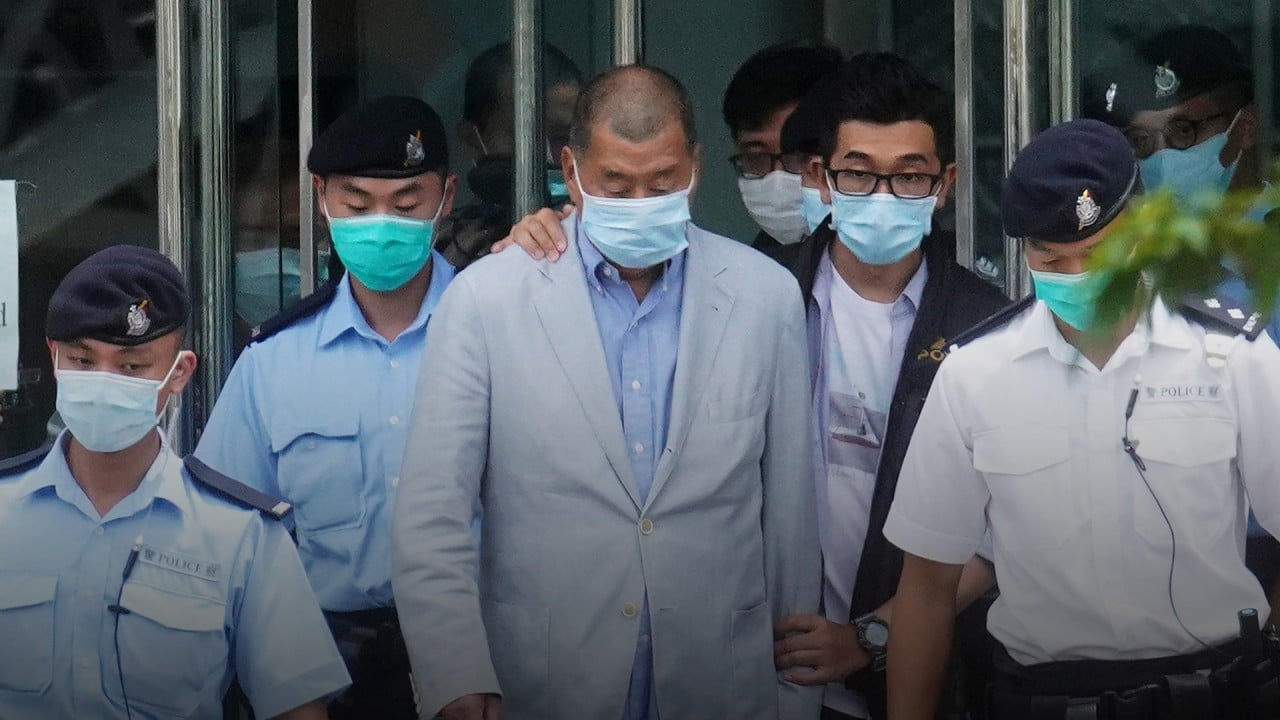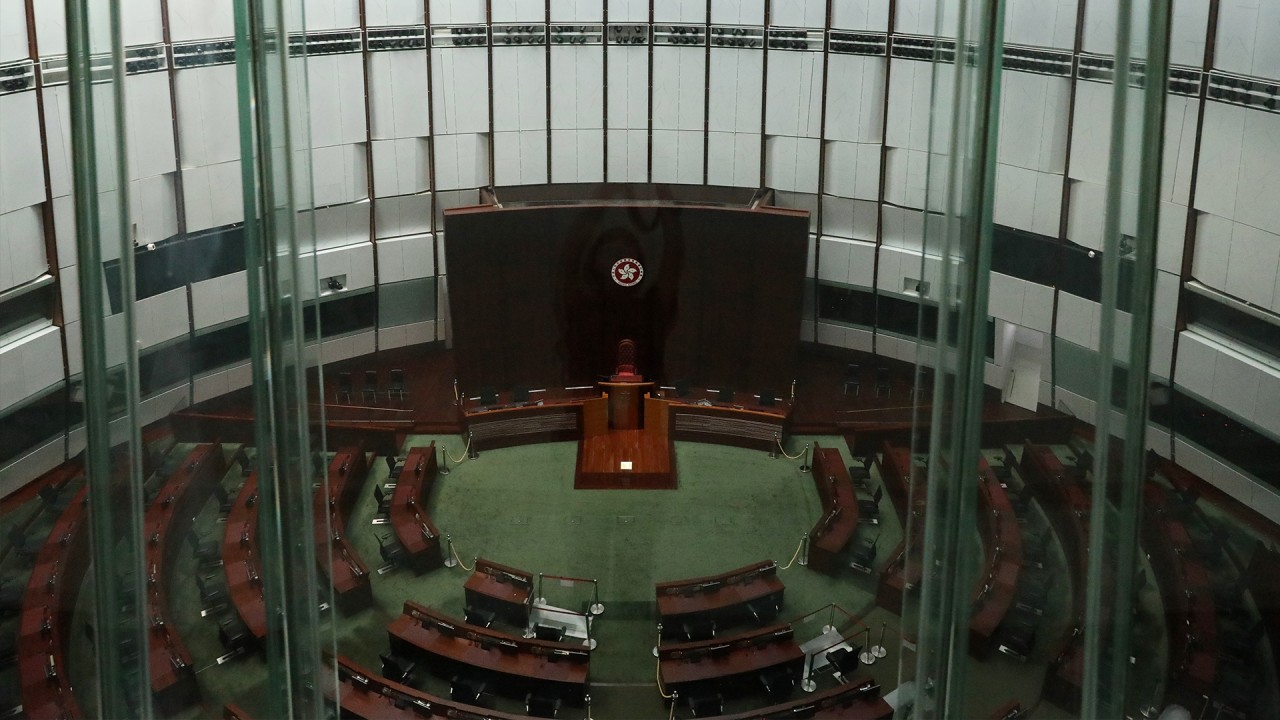
Capitalist greed is good: can Hong Kong reinvent its economic miracle?
- Many long-time residents will say the city has lost much of its can-do hunger and ingenuity, where anything was possible at the right price
- Hong Kong’s leaders must earn the people’s trust again as it is the one commodity in the equation that cannot be willed into being by any emergency decree
Famous as the entrepot for trade with China and later a safe avenue for foreign investment, Hong Kong has long had another export up its sleeve that is rarely spoken of in polite company: capitalist greed.
It is interesting that this gamble, which paid rich dividends for China, failed to secure the freewheeling future of one of its prime architects. The thinking was that, over time, Hong Kong would reshape China in its own mould. China feared the city’s rapacious capitalism as much as it coveted the rewards of the process, later refashioned with socialist characteristics.
With rapid development, rising GDP and growing wealth, China rebuilt trust in the Communist Party. This enabled a fraying social contract – woven with the people’s unquestioning faith – to stay securely in place.
The party rapidly improved the people’s lot and, in turn, no one questioned its omniscient, paternal motives. China did this with great success until it was hit by the Donald Trump tsunami, followed in quick succession by the Covid-19 cataclysm.
Hong Kong weathered the passing storms across the border with varying success, but confidence in its own government eroded and nettlesome issues went unaddressed.

03:38
Hong Kong media mogul and opposition activist Jimmy Lai arrested under national security law
Where does this leave Hong Kong, a city built on laissez faire economics extrapolated to mythic levels and driven almost solely by the property value calculations of a handful of tycoons? Many long-time residents will say the city has lost much of its can-do hunger and ingenuity, where anything was possible at the right price. Hard work remains the core value of the city, but it is a softer version today.

01:25
China’s top legislative body extends Legco by ‘not less than one year’
The mistakes of the past must not be repeated. Trust has to be earned. It is the one commodity in the equation that cannot be willed into being by any emergency decree. Whether that greedy heart beats again with vigour to firmly position Hong Kong at the centre of the Greater Bay Area development remains to be seen.
Vijay Verghese is a Hong Kong-based journalist, columnist and the editor of AsianConversations.com and SmartTravelAsia.com

